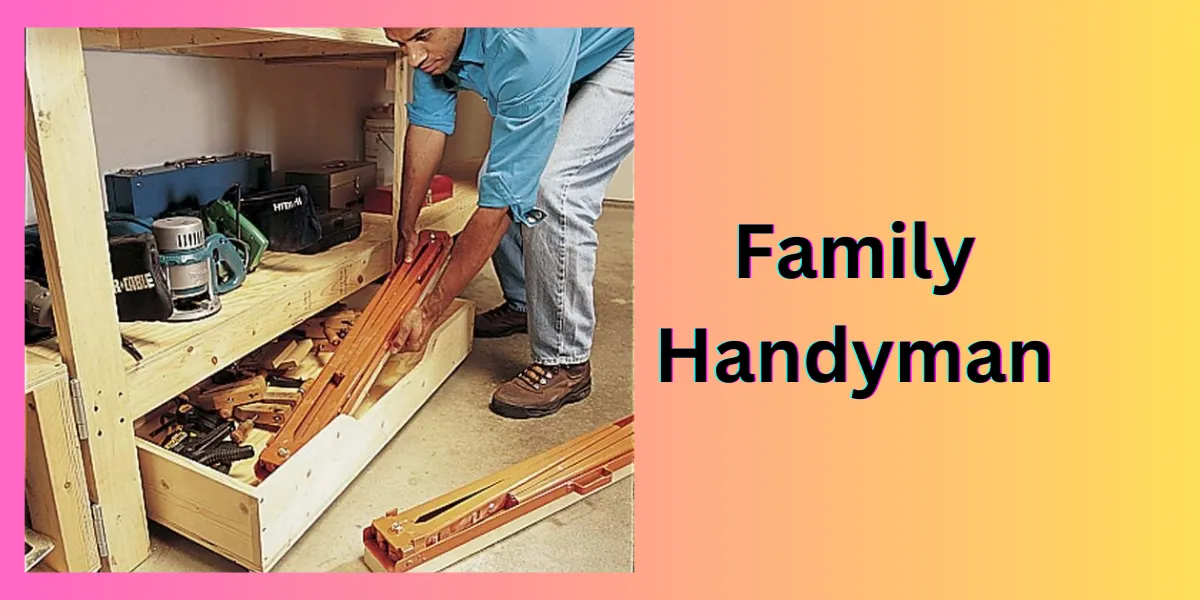A leaky faucet might seem like a small inconvenience, but ignoring it can lead to expensive repairs and wasted water. Over time, even a slow drip can add up, increasing your water bill and potentially causing serious plumbing issues. Understanding the risks of a dripping faucet can help homeowners take quick action before the problem worsens.
The Hidden Costs of a Dripping Faucet
1. Higher Water Bills
A single faucet leaking one drop per second can waste over 3,000 gallons of water per year. That’s enough to fill more than 50 bathtubs! The constant water loss translates to a noticeable increase in monthly water bills. Fixing the issue early can save homeowners money in the long run.
2. Water Waste & Environmental Impact
Michigan already faces challenges with water conservation, and household leaks contribute to unnecessary waste. Addressing leaks not only lowers water consumption but also helps preserve local water supplies. If everyone fixed their leaks promptly, millions of gallons of water could be saved each year.
Plumbing Damage Over Time
A small leak may seem harmless, but over time, it can cause significant damage:
- Pipe Corrosion: The continuous drip can wear down pipes, leading to bigger leaks and expensive repairs.
- Mold & Mildew Growth: Excess moisture around sinks and countertops creates the perfect environment for mold.
- Structural Damage: Water buildup from leaks can weaken cabinets, walls, and flooring, leading to costly renovations.
Ignoring a dripping faucet could eventually lead to a full-blown plumbing disaster. If you notice persistent leaks, consider contacting plumbers in Flint Michigan, for a professional inspection.
Common Causes of a Leaky Faucet
Understanding what causes leaks can help homeowners address the problem before it worsens. The most common culprits include:
- Worn-Out Washers & O-Rings: Over time, washers and seals degrade, leading to persistent drips.
- Corrosion or Mineral Buildup: Hard water can cause minerals to accumulate inside faucets, restricting water flow and causing leaks.
- Water Pressure Issues: Inconsistent or high water pressure can stress faucet components, leading to premature failure.
DIY Fixes vs. Professional Repairs
1. Quick Fixes for Homeowners
Some minor leaks can be fixed with simple DIY solutions:
- Replace worn-out washers or O-rings.
- Tighten loose faucet components.
- Use vinegar to remove mineral buildup inside the faucet.
2. When to Call a Plumber
If a leak persists after basic repairs, or if you notice multiple leaking fixtures, it’s best to call a professional. A licensed plumber can:
- Inspect the entire plumbing system for hidden leaks.
- Repair damaged pipes or faucet components.
- Prevent long-term plumbing issues from developing.
For expert plumbing services, reach out to plumbers Flint MI to ensure your home’s plumbing remains in top condition.
Preventing Future Faucet Leaks
Preventive maintenance can save you from dealing with leaks in the future. Here are a few tips:
- Check faucets regularly for drips and leaks.
- Use high-quality plumbing fixtures that last longer.
- Address minor leaks immediately before they worsen.
- Monitor water pressure and install pressure regulators if needed.
By staying proactive, homeowners can avoid costly repairs and maintain an efficient plumbing system.
Conclusion
A leaky faucet is more than just an annoyance, it can lead to high water bills, structural damage, and serious plumbing issues. Fixing leaks early prevents unnecessary costs and helps conserve water. If you’re dealing with a stubborn leak, don’t hesitate to call a professional plumber for assistance.











